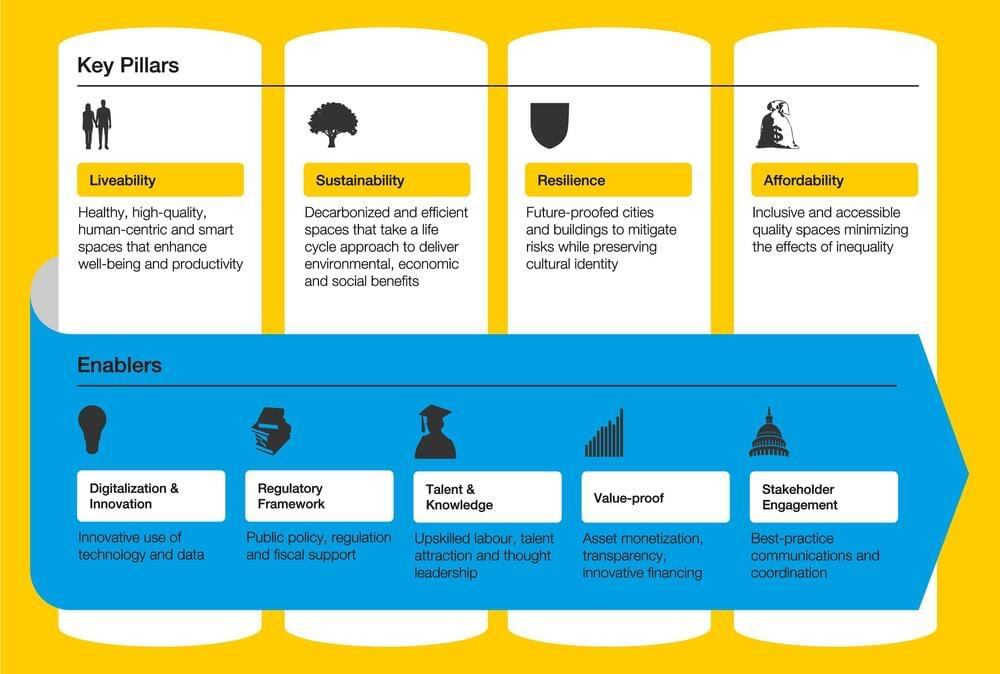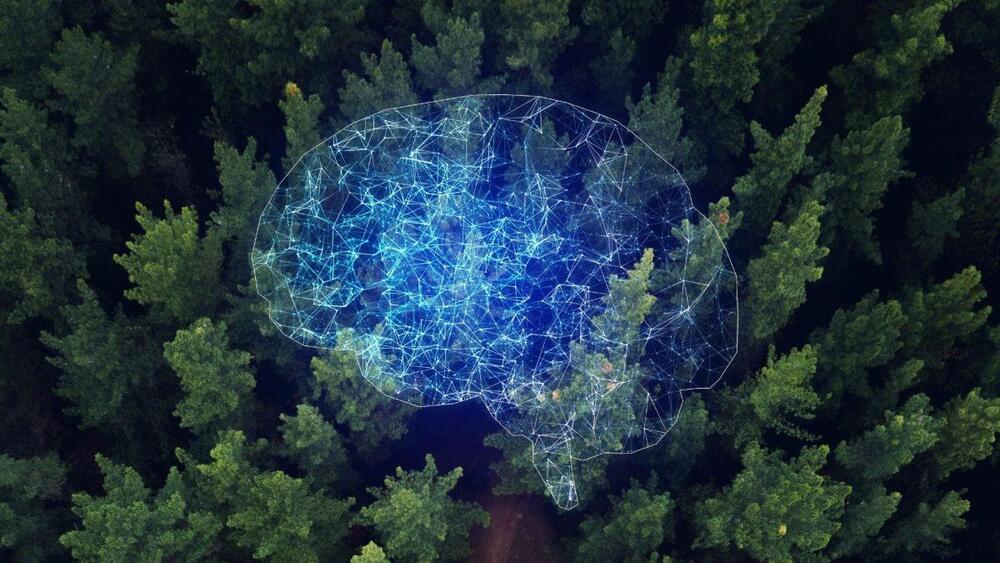Scientists have discovered a new route to produce complex antibiotics exploiting gene editing to re-program pathways to future medicines urgently required to combat antimicrobial resistance, treat neglected diseases and tackle future pandemics.
Researchers from The University of Manchester have discovered a new way of manipulating key assembly line enzymes in bacteria which could pave the way for a new generation of antibiotic treatments.
New research published today in Nature Communications, describes how CRISPR-Cas9 gene editing can be used to create new nonribosomal peptide synthetase (NRPS) enzymes that deliver clinically important antibiotics. NRPS enzymes are prolific producers of natural antibiotics such as penicillin. However, up until now, manipulating these complex enzymes to produce new and more effective antibiotics has been a major challenge.




